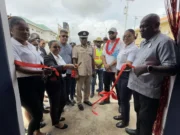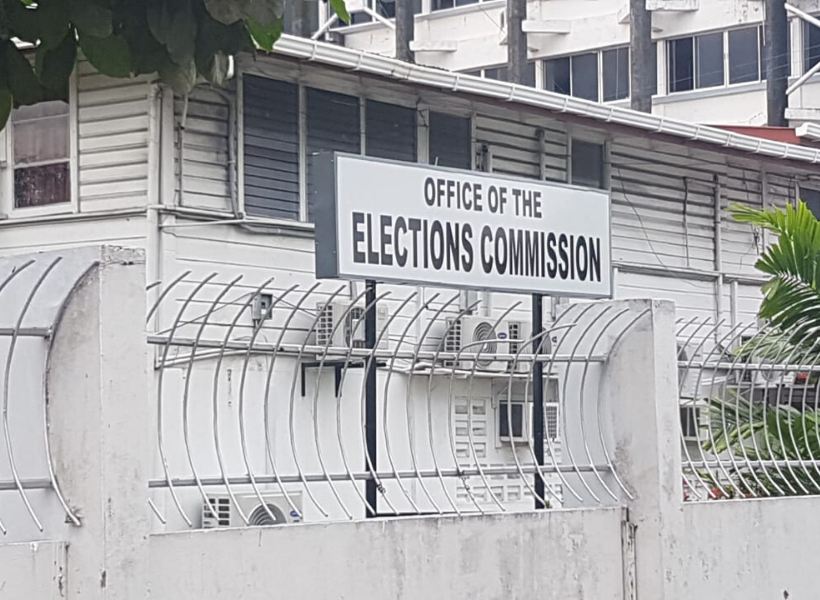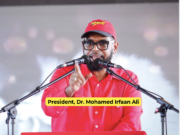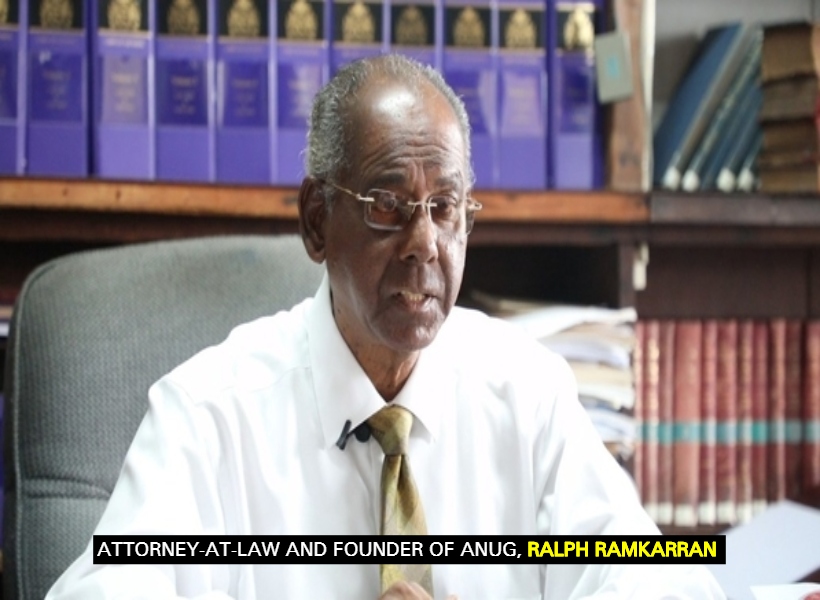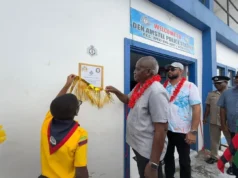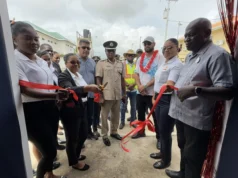Should the People’s Progressive Party (PPP) or the APNU+AFC Party be given another chance in office to address issues such as Constitutional Reform and shared governance, then Guyanese would surely be left waiting in vain says Presidential Candidate of the A New and United Guyana (ANUG), Ralph Ramkarran.
In his most recent writing on his blog, Conversation Tree, Ramkarran said that the individual track record of these parties proves that they only have nothing but lip service to offer on these crucial national issues.
With respect to the PPP, Ramkarran said that the party approves Constitutional Reform but has been carrying the vacuous line that it is the people of Guyana who have to determine what changes they want. On the issue of shared governance, he reminded that the party’s Presidential Candidate, Dr. Irfaan Ali, resurrected the 15-year old, “discredited policy” of building “trust and confidence” before it can take place.
In the case of APNU+AFC, the Presidential Candidate said that it has not implemented its manifesto proposals for constitutional changes leading to shared governance. He reminded in this regard that a few days ago, President David Granger said that if his coalition is returned to office he will strengthen the Prime Minister’s office to start the process of constitutional reform. On this note, Ramkarran commented, “We are getting closer to commitments by both large parties but the track record shows that waiting on them would be waiting in vain.”
Further to this, Ramkarran was adamant that the two main political parties are offering the Guyanese people no respite from the pervasive and entrenched corruption which has long existed. He was keen to note that it took off during the PPP’s terms of office and has now gripped Guyana in its deadly tentacles.
The Presidential Candidate and former House Speaker said, “…Great fears exist that our oil income will be lost to corruption. Neither the PPP/C nor APNU+AFC has advocated any measures to deal with corruption.”
Compounding this he noted, is the fact that there are no modern laws regulating the acts and omissions of public officials and no modern laws on bribery and corruption. He further stressed that the Integrity Commission lacks funding and investigative and prosecutorial capacity, while noting that the procurement regime has not been upgraded by the revision of its laws along with the addition of greater and more effective sanctions.
He concluded that the current regime of inadequacy appears to suit both large parties.


